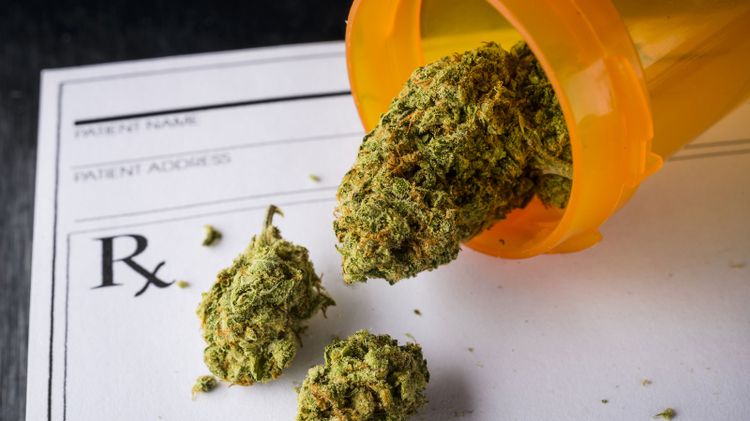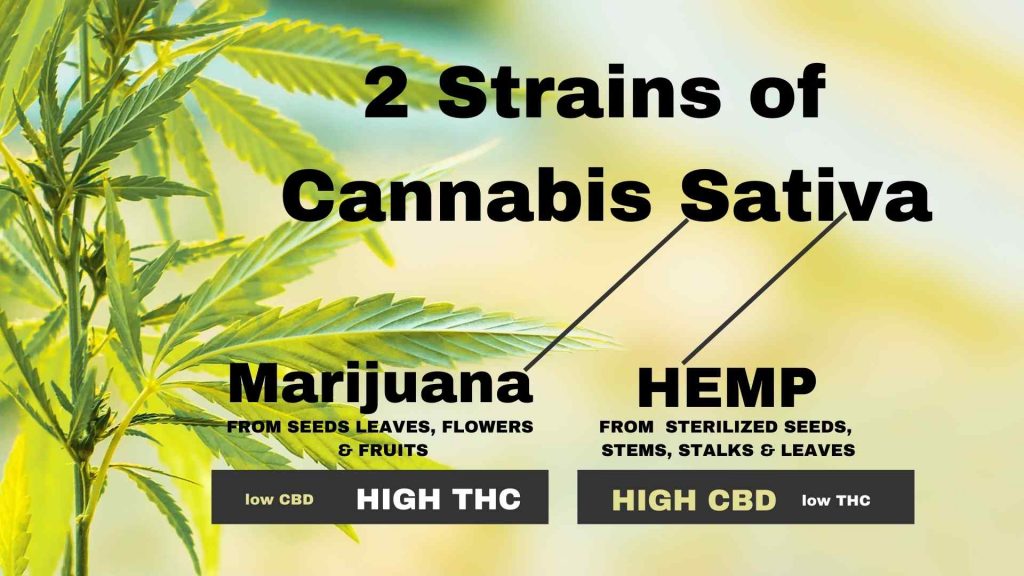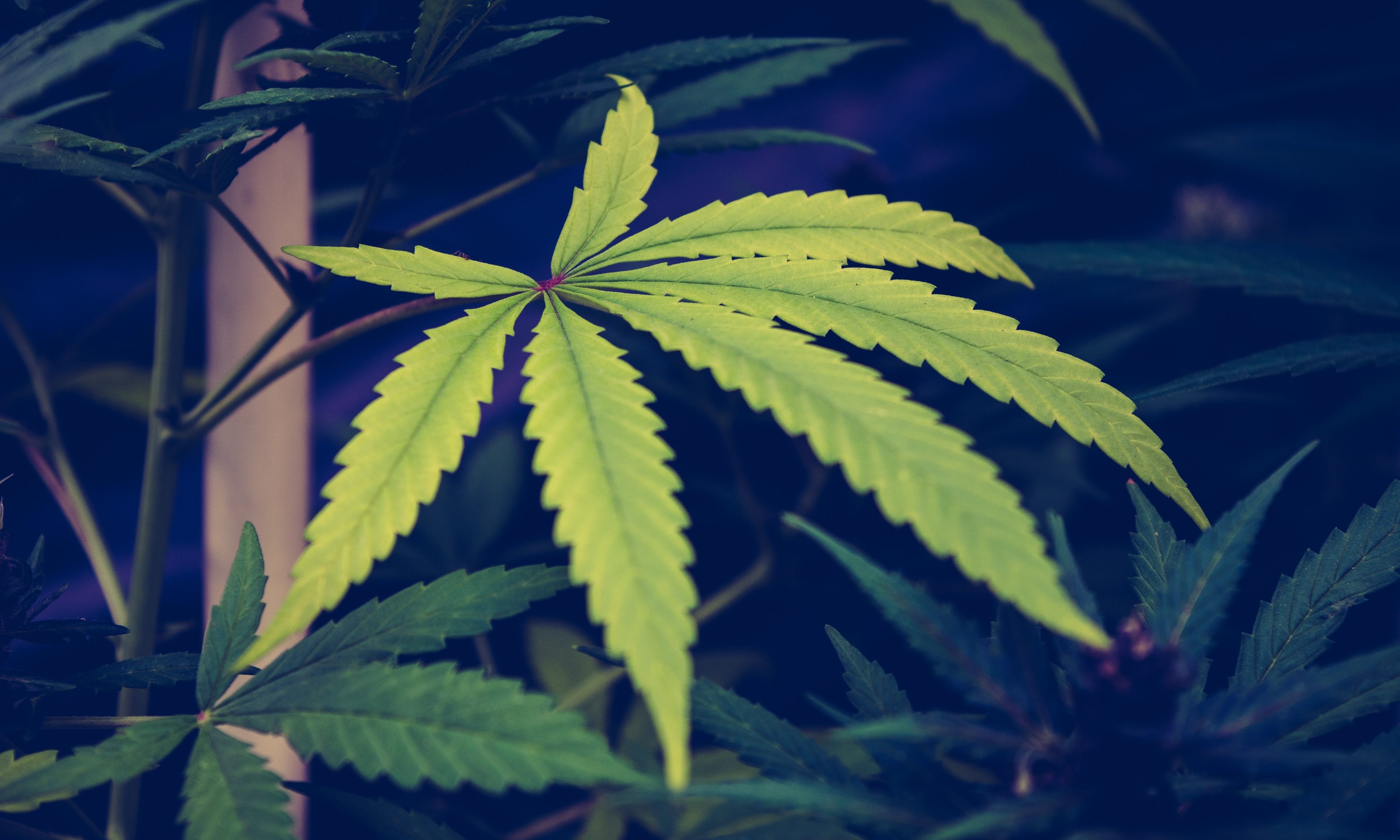
Hemp oil can be used to boost mood and reduce depression. It's rich in vitamins, minerals, and amino acids which help keep your brain happy. It is also known for its anti-inflammatory qualities, which can help relieve aches and pains.
It's also a natural appetite suppressant, which can help you feel full for longer and avoid snacking on junk food that can lead to weight gain.
As long as you do not have any allergies or health conditions, hemp oil is safe. Your doctor may be required if you use it to treat anxiety or depression. There are often side effects associated with hemp oil and they can interact with other medications.
There are many reasons why someone could develop depression. Depression can also be caused by biochemistry, genetics, and personality. Some people may also be at increased risk for depression if they have a history of mood disorders in their family.

Depression is a very serious mental health condition that can have life-altering consequences. Depression can affect everyone in your life. It can also increase your risk of suicide.
Depression can cause you to feel withdrawn, helpless, and unable function normally. You may lose your appetite, sleep difficulties, or repetitive thoughts.
You should seek out a therapist if these symptoms persist for prolonged periods of time or are severe. There are many therapies that can be used to treat this type of condition. A therapist is able to help you choose the best plan.
Research has shown that CBD can help reduce symptoms of depression. It activates the brain's serotonin-receptors. It is well-known that serotonin plays an important role in mood, feelings of well-being and sleep regulation.
It is important that you get a good nights sleep in order to give your body the time it needs to heal and rebuild itself. A person suffering from depression should get enough sleep to avoid aggravating the symptoms.

One of the most popular methods of treating depression is through a combination of medication and psychotherapy. While this can be extremely helpful for some, others may prefer a more natural approach.
Hemp oil can be used to treat depression. It can be taken orally or topically provided it comes from organically grown hemp.
Many products contain CBD to treat depression. There are a few that are more potent than others. You should always check the label to ensure you are using the right product.
FAQ
How much CBD do you need?
The type of product you are buying will determine how much dosing is required.
CBD oils come in a variety of strengths, ranging from 100mg-1000mg per bottle.
Some CBD products come in specific doses such as 25mg 50mg and 75mg.
Charlotte's Web is an example of a company that makes CBD products with exact amounts of CBD and other cannabinoids.
If you're unsure whether or not CBD will work for you, start with a low dose.
It is possible to always go higher.
Is CBD's market saturated?
CBD is growing at a rate of more than 25% per year. This growth is expected to continue for at least another five years. The industry is forecast to grow from $2 Billion to $5 Billion by 2020.
Canndoc Ltd and GW Pharmaceuticals are the dominant players in the CBD market. Both companies have a focus on creating pharmaceutical-grade products. Both have not been very successful to date. Both are struggling in the marketplace to gain traction.
Cannabidiol is an extract of cannabis with less than 0.3% CBD. It has no psychoactive effects. It is used to treat epilepsy and other conditions. It is often used as an dietary supplement.
There are many types of CBD products. Some are made using whole plant extracts, while others use isolated cannabinoids such as CBD.
These products share one common feature: they all contain low levels of THC.
They are now legal under US federal laws. You will still need to follow local laws if you are selling CBD products. Check with your state regarding the sale of CBD products.
In addition, there are several states where CBD products are illegal. These are California, Colorado. Florida. Mississippi. Missouri. New York. North Carolina. Ohio. Oklahoma. Oregon. Rhode Island. South Dakota. Texas. Utah. Virginia. Washington.
CBD products shouldn't be used if you live in any of these states.
How does the price of CBD vary across different states?
Prices for CBD products depend on where you are located. Prices can vary up to ten times, in fact.
In general, prices increase the further north you go. CBD is expensive in Alaska on average at $35 per gram. It costs in Hawaii around $200 pergram.
This trend is continuing across the country. The prices range from $5 to more than $2,500 per gram.
This is what's the deal?
Prices vary because of different levels of regulation. Some states require that all CBD products contain very little THC (the psychoactive component of marijuana). Other states don’t care about how much THC is in CBD products.
Some companies may choose to sell their products first in one state before shipping them to another.
How can CBD products be successfully promoted by companies in a regulatory-compliant way?
The FDA doesn't regulate hemp as an agricultural commodity. However, the agency regulates all other cannabis derivatives (e.g., marijuana) under the Controlled Substances Act. CBD has yet to be subject to specific regulations.
CBD is legal in 29 states. However, federal law still considers CBD illegal. This uncertainty is a problem for CBD-product sellers.
The FDA also sets strict guidelines about how CBD products are promoted. THC content must be clearly disclosed. Without scientific evidence supporting this claim, CBD cannot be used to treat certain medical conditions.
Additional information is required by the FDA regarding manufacturers' manufacturing practices, quality control measures, and other details. They require companies to carry out clinical trials to prove safety or efficacy.
These factors should be considered by companies when they develop their marketing strategies.
Is the CBD industry on the rise?
Yes, it is! As legalization spreads throughout North America, this growth is expected continue. Canada is the only country that has legalized recreational use of cannabis. Many states have also passed medical marijuana laws.
This trend will likely continue at least another ten years, as more states adopt legislation allowing medicinal marijuana.
It is also economically sensible to legalize marijuana. As well as providing a lucrative alternative market for farmers, there are many other benefits to legalizing pot.
It could, for example, help lower crime rates by decreasing the availability of illegal drug. It could also generate tax revenue for the government.
As legal weed becomes more popular, many people will choose to reduce their alcohol consumption. This would reduce the likelihood of having hangovers. It also means lower healthcare costs.
Chronic pain sufferers may find that marijuana can actually improve their quality of life. Many people believe that THC, the active ingredient in marijuana can relieve nausea and muscle spasms caused by chemotherapy.
Perhaps marijuana can be used as a treatment for mental illnesses like anxiety and depression. According to some studies, marijuana can be used to treat schizophrenia.
Even though the CBD industry looks promising, there are still many challenges to be overcome.
Which CBD products are most popular?
CBD products are all over the place these days. They are used for pain relief and anxiety. The market is huge and growing fast.
What are people buying CBD for? How does this impact you as a brand manager?
Statista states that CBD products are bought for their relaxing effects. They are also bought for their anti-inflammatory qualities.
This means that products with both CBD or THC can be sold both for recreational and medicinal purposes.
But what about brands which are focused on just one purpose? One example is CBD for stress relief.
Also, if a brand is focused on CBD for medical reasons, it will have large customers.
A brand must have a unique selling proposition (USP) if they want to appeal to recreational users. A USP simply means a distinctive feature or benefit that differentiates a brand's competitors.
For example, some brands offer free shipping, while others offer discounts for bulk orders.
Statistics
- While the primary injury may not be treatable, interventions that attenuate secondary sequelae are likely to be of benefit [203].Only one study (ncbi.nlm.nih.gov)
- A recent systematic review of human trials also reported that individuals with epilepsy receiving CBD (5–20 mg·kg−1·day−1) were more likely to experience decreased appetite than those receiving placebo (i.e., ~20 vs. 5% of patients) (ncbi.nlm.nih.gov)
- A recent study [161] also found that in vitro CBD treatment (i.e., ≤ 2 h exposure to 10 μM) induced ~40% vasorelaxation in isolated (pre-constricted) (ncbi.nlm.nih.gov)
- however, one study also found that these effects were virtually abolished when the original media (a nutrient broth agar) was replaced with one containing 5% blood (increasing the minimum concentration to ~160 μM CBD) [179]. (ncbi.nlm.nih.gov)
- As a substance that was federally illegal before the passage of the 2018 Farm Bill, hemp-derived cannabinoids with no more than 0.3% THC still face a regulatory grey area. (forbes.com)
External Links
How To
What are the issues that the CBD industry faces?
The market for CBD products continues to grow at an amazing rate. There are many hurdles businesses face when trying to enter the CBD market. These include lack of consumer awareness and high costs of entry, limited capital access, and regulatory uncertainty.
Many people don't know much about CBD or how it works. This means that consumers are unable make informed decisions about purchasing CBD products.
CBD companies are heavily dependent on word-of–mouth marketing. This is costly because they have to pay for advertising and hire staff to promote their brand.
Another problem for new entrants to CBD is the high price of production. The raw materials needed to create CBD products are quite expensive. CBD oil can only be made if hemp is grown in the right climate and soil conditions.
Grow enough hemp to produce CBD oil requires approximately $1,000 per annum. Because of this, many small farmers are unable to afford to grow enough hemp for CBD oil.
A lack of capital access is another issue that new entrants will face in the CBD marketplace. Due to the stigma surrounding the industry, banks discourage many people who wish to start businesses.
Last but not least, there is regulatory uncertainty regarding the sale and distribution of CBD products. There are no established guidelines regarding the marketing of CBD products.
Although states have passed laws restricting CBD products sales, these policies are not yet national.
Only two states, Nevada and Maine, have yet to legalize recreational marijuana.
Massachusetts and Michigan have considered similar measures.
These changes could lead to increased competition between CBD manufacturers.
As a result of these factors, many entrepreneurs choose to work from home rather than start a physical business.